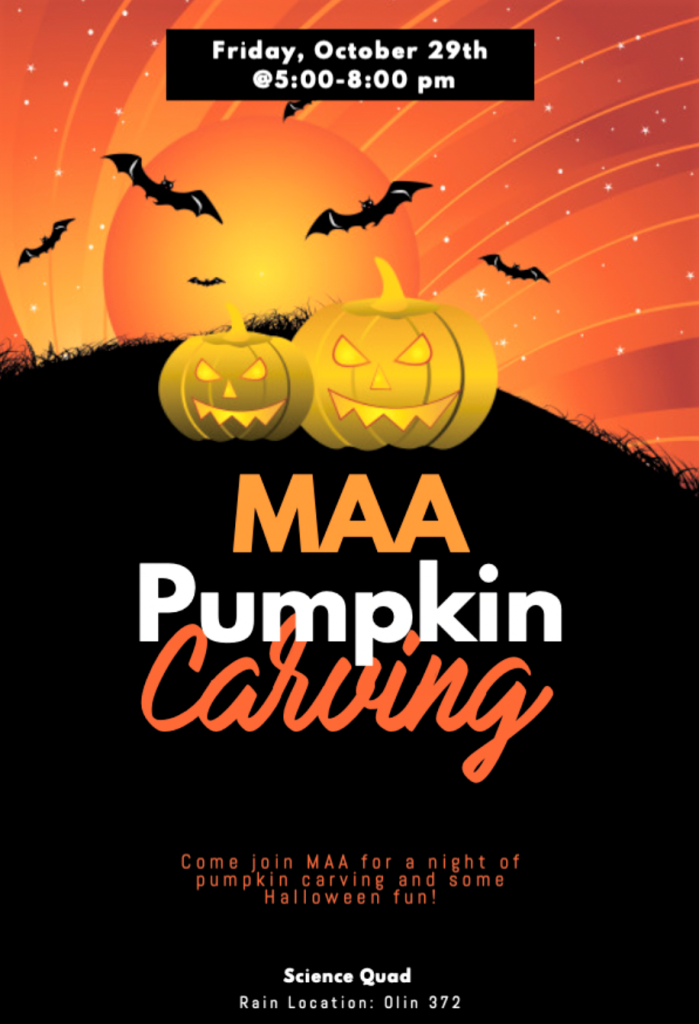“What Did You Do Last Summer?”, Presented by Bucknell Students
NOVEMBER 4 (Thursday) 12:10 P.M. Gardner Lecture Hall – Dana 113
Moderator: Jack de la Parra
Panelists:
Anh Kieu (pronounced like Ahn), ‘22, Software Engineering Intern, Google DeepMind
Emily Desernia ‘22, JPMorgan Chase Bank
Julia Sanger ’22, Research Experience for Undergraduates (Applied Math), Georgia Institute of Technology.
Yang Hong ’23, Undergraduate Research, Bucknell University
Jamie Falla ‘22, Risk Finance, Lockton Companies
Abstract: There are many exciting summer opportunities for students in the mathematical sciences! These range from internships in financial companies to research experiences at other universities to leadership development programs. In this week’s colloquium, a panel of your peers will tell you their experiences. What did they enjoy about their experiences? When did they apply? There will also be ample time for questions and answers. These varied opportunities, as well as being terrific fun, are also immensely valuable as you begin to think about your careers after Bucknell.
